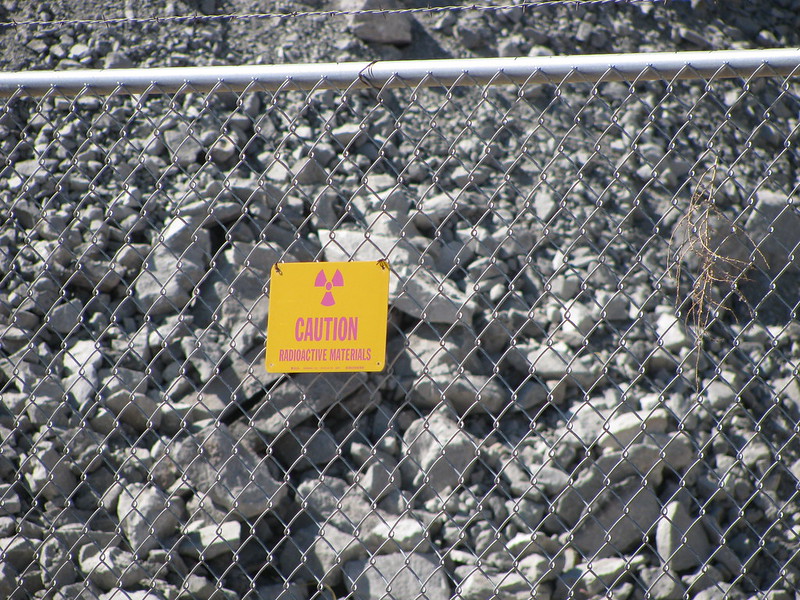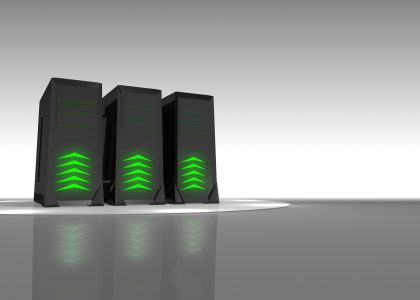
NORM (Naturally occurring radioactive materials) and TENORM (Technologically enhanced naturally occurring radioactive materials) are made up of by-products that contain radioactive materials. Some of these include potassium, uranium, thorium, radon, radium etc. There are many ways that these normally occurring radioactive materials can be introduced to the environment such as water spills and discharges.
Main Principle
We will now take a closer look at how to safely deal with radioactive materials and substances. This information is according to the Code of Practice for Handling Radioactive Substances and particular legislation.
Procedure
Whenever any type of experiment needs to be done with radioactive materials, they need to first be reported to the HSE department. This is actually part of the documentation and procedure for dealing with ionizing radiation. After this report containing a detailed description of the experiment has been submitted, then the HSE will review it and respond with particular health and environment guidelines, safety guidelines etc. Do note that all provided guidelines must be adhered to.
Additionally, the radioactive substances will have to comply with the characteristics listed below.
- The amount of radioactive substances used should be at a minimum.
- Use short living isotopes as oppose to ones with longer lives.
- The overall radiotoxicity should be as low as it can be.
- If you need to work in the radioactive lab, ensure that you never do so alone. This is especially true if you’re working after typical work hours. There should always be a minimum of one other person available in the event that an emergency occurs.
- Ensure radioactive contamination doesn’t occur by being abundantly cautious.
- Make sure that the containers that have radioactive materials are clearly labelled with the radiation. symbol. You should also use this symbol on anything that has been in contact with these types of materials.
- Always separate activities that utilize radioactive materials from ones that don’t.
- Avoid taking any type of documents into radioactive zones.
- Tightly limit spaces where you utilize radioactive materials and ensure these areas are marked.
- Ensure you wear the correct protective gear and clothing when dealing with radioactive materials.
- Also ensure the clothes that you wear are disposable and also wear a lab coat. Make sure that you place your lab coat in areas that are separate from your typical clothes.
- Once you need to handle radioactive materials, you should always wear gloves. Be sure to check the radiation level of your gloves on a regular basis. If you believe you may have contaminated gloves, avoid touching anything directly. You should use tissues to do so.
- If the floor where you’re working may potentially be contaminated, put on shoe covers.
- Make sure that you store your personal effects such as your keys, bags etc elsewhere as opposed to in the lab.
- Utilize radiation shields as needed. Once you have used the amount of stock solution you require, return the remaining solution to storage.
- You should follow strict rules of hygiene to ensure you don’t suffer from internal contamination.
- Don’t drink, eat, put on makeup within the lab.
- Always use pipetting devices and never do so via your mouth.
- Once you need to leave the lab, thoroughly wash your hands.
- Always check the radiation levels of the items that you use in the lab as well as the lab itself. This should be done on a regular basis as well as at the end of your day or working session. If there are any contaminated items, make sure to decontaminate them.
- Get rid of radioactive waste by placing it in the necessary containers. Keep waste to a minimum. Also, always separate the different types of waste i.e. long-living vs short-living waste.
If there is a radioactive spill or another type of radioactive accident, make sure that you stay inside the lab or room once you aren’t injured. Then, call your special contact at HSE who will contact the department. If there are any accidents after typical working hours, then be sure to call (016 32) .22.22. which is the emergency number and clean up the spill. Of course, be sure to report all of the details and indicate the involvement of radioactive material.
If you work with industrial plastics, you can find more information here.




